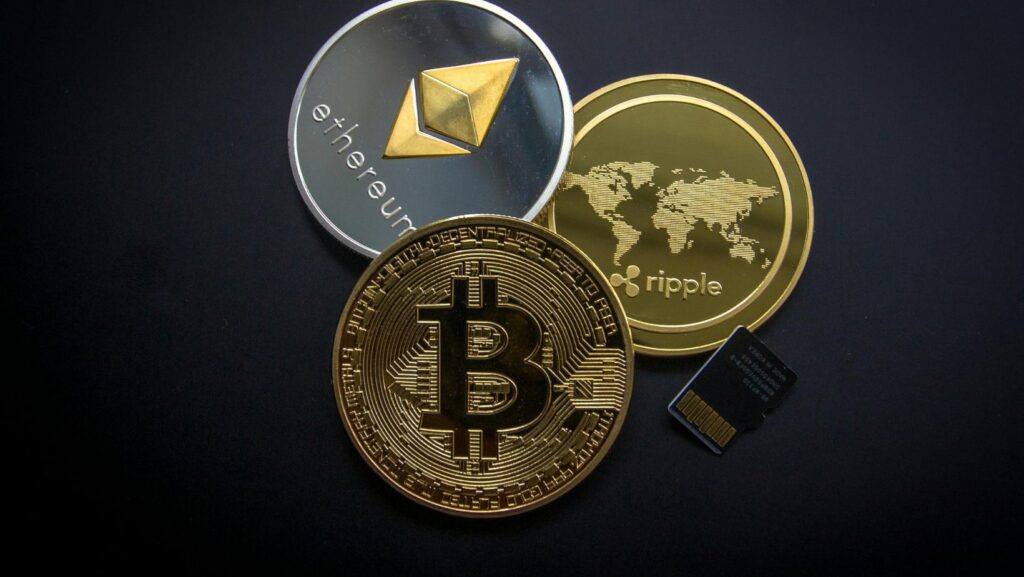A British man is suing his local council. They refuse to excavate a landfill site where he believes discarded Bitcoin is stored. We dive into the story of this man and his battle with the council below.
How mad with you be if you realised you had lost $520 million? How infuriated would you be if you lost it, not through bad investment or spending, but by throwing it in the garbage? Welcome to the world of James Howells, a 39-year-old British man who has tossed away millions in Bitcoin.
James Howell’s vs Newport Council
The story begins all the way back in 2009, during the formative days of Bitcoin. Howells, a crypto miner at the time, had around $1 million of Bitcoin on a hard drive. In 2013, he began a spring cleaning of his home office. The hard drive was accidentally placed in the bin, and his partner let the refuse collectors take it. It went to Newport Household Waste Recycling Centre. It would not be long before Howell realized that he had thrown out a drive that contained around 8000 bitcoins. That would be worth around $527 million today.
Would you give up if you had made such a grave error? Howell’s has not and has been in a battle with Newport Council ever since. He approached them first in 2013 with a request to excavate the site, but he was largely ignored. He believes if they had responded sooner, the city could have become a thriving global hub like Dubai. He has even threatened them with a £495 million legal bill and compensation claim if it is not recovered.

He believes his device is in a landfill and has offered to excavate it with the help of an expert team. This foray will cost $10 million, which he plans to fund himself. Howell’s has also offered the council around 10% of the coin’s value.
Newport Council’s main defense against this is that digging up the site could cause irreparable damage to the local environment. The site has been found to be in breach of environmental permits before. It is known to hold asbestos, methane, arsenic, and other contaminants that are highly dangerous.
They also claim that they now own the hard drive, as it was discarded property. The legal team fighting his case claims it still belongs to him, as he never meant to throw it away. He has vowed to keep fighting until the courts say no.
Safely Storing Bitcoin
In 2021 it was estimated that around $14 billion of Bitcoin was stolen, with more lost due to exchange failures and user error, much like Howell’s dilemma. When Bitcoin is securely stored it reduces the risk of these, along with the potential for hacks and scams. There are generally three ways to store crypto: Custodial, hot, and cold wallets.
A custodial wallet is held by a third party that has the keys. There are also self-custody wallets, which allow the user full access and ownership.
A hot wallet holds funds online. A cold wallet holds them offline. This was the method Howell chose to keep his cryptocurrency. The benefit of this is that as it is offline, it is inaccessible to hackers. This gives cold storage a very high level of security. They are only susceptible when they are brought online to make transactions, making the window for access slim.

To increase security, the signing of the transaction is done on the device itself. As a separate entity from the personal computer, it adds even more layers for hackers to penetrate. In fact, it probably isn’t going to happen. The cons of this method are that they can be tricky to use and more expensive. You also run the risk, as Howell’s found out, of throwing the hard drive away.
UK Councils Facing Bankruptcy
Another consideration is that UK councils are facing a raft of tough financial challenges. A study in The Guardian newspaper found that around 1 in 5 councils in the United Kingdom think they will be bankrupt by next year. This is due to rising costs, an increased and aging population, and lower incomes, all of which have taken their toll. Technically, councils can not go bankrupt, but they must issue a Section 114 notice when they run out of funds. Big cities such as Birmingham and Nottingham have filed them in the past year, with more to follow. This is reported to include Middlesbrough, Stoke on Trent, Bradford, and Cheshire East.
How do you feel about Howell’s Bitcoin? The potential for both him and the council is huge. It is no secret that councils all over the United Kingdom are struggling financially, and this could be one way to swell the coffers. The counterargument is that all the coins should belong to the council, but without Howells, they will never see the light of day. Even with excavation, they may still not be found. The case is set to be heard in December, and we will then find out the long-standing mystery of the Newport Bitcoin fiasco.


